Bespoke Partnership
Dry Farm Wines promises organic wine to feel good about
Dry Farm Wines founder Todd White on why we should be celebrating organic, biodiverse artisan wines, free from additives and sugar
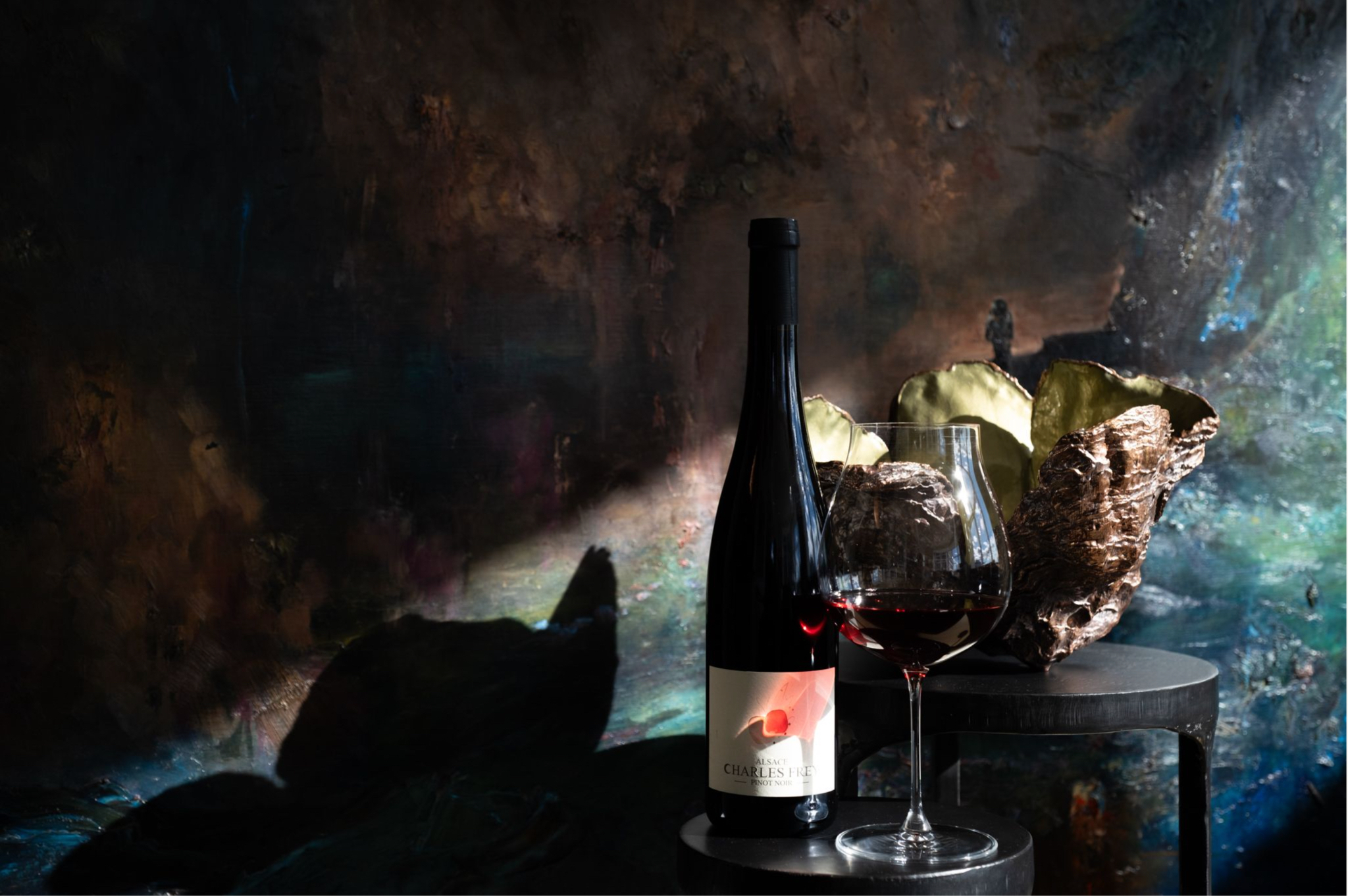
In partnership with Dry Farm Wines
Dry Farm Wines founder Todd White describes himself as a ‘lifelong biohacker’, always on the lookout for ways to optimise and improve the human experience. His tireless pursuit of epicurean fulfilment and corporeal delight extend to art and architecture, food, design and wine.
A few years ago, obsessed with both taste and provenance, health and happiness, Todd discovered that the grape he had been consuming for most of his adult life was actually full of nasties: additives, sugars and dimethyl dicarbonate (the last is toxic to humans).
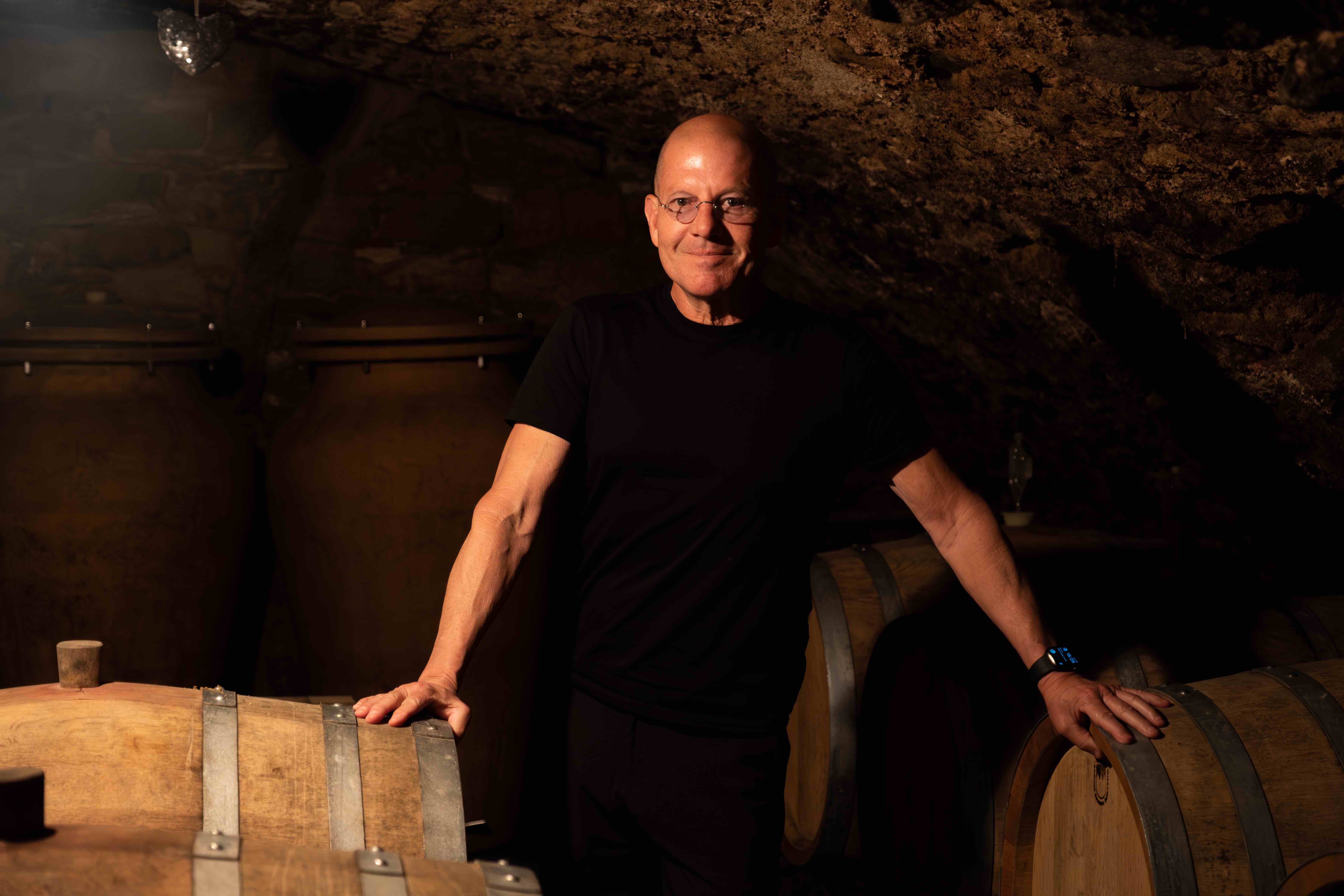
Todd White
In 2015, mindful of his personal wellbeing, he had an epiphany; a conscious consumption of organic, sugar-free wine was the way forward. He imagined a wine made from grapes grown at vineyards free of artificial irrigation; the concept of Mother nature’s divine design as the original luxury house. ‘What's more beautiful, more luxurious than being in nature?’ says Todd.
‘People who care about wellness and longevity and optimising their health also understand that eating organic fruits and vegetables or anything grown organically is just inherently better,’ he says. ‘There is a universal understanding that organic farming is healthier. Organic not only tastes better, it's also better for the planet and better for us as humans to consume.’
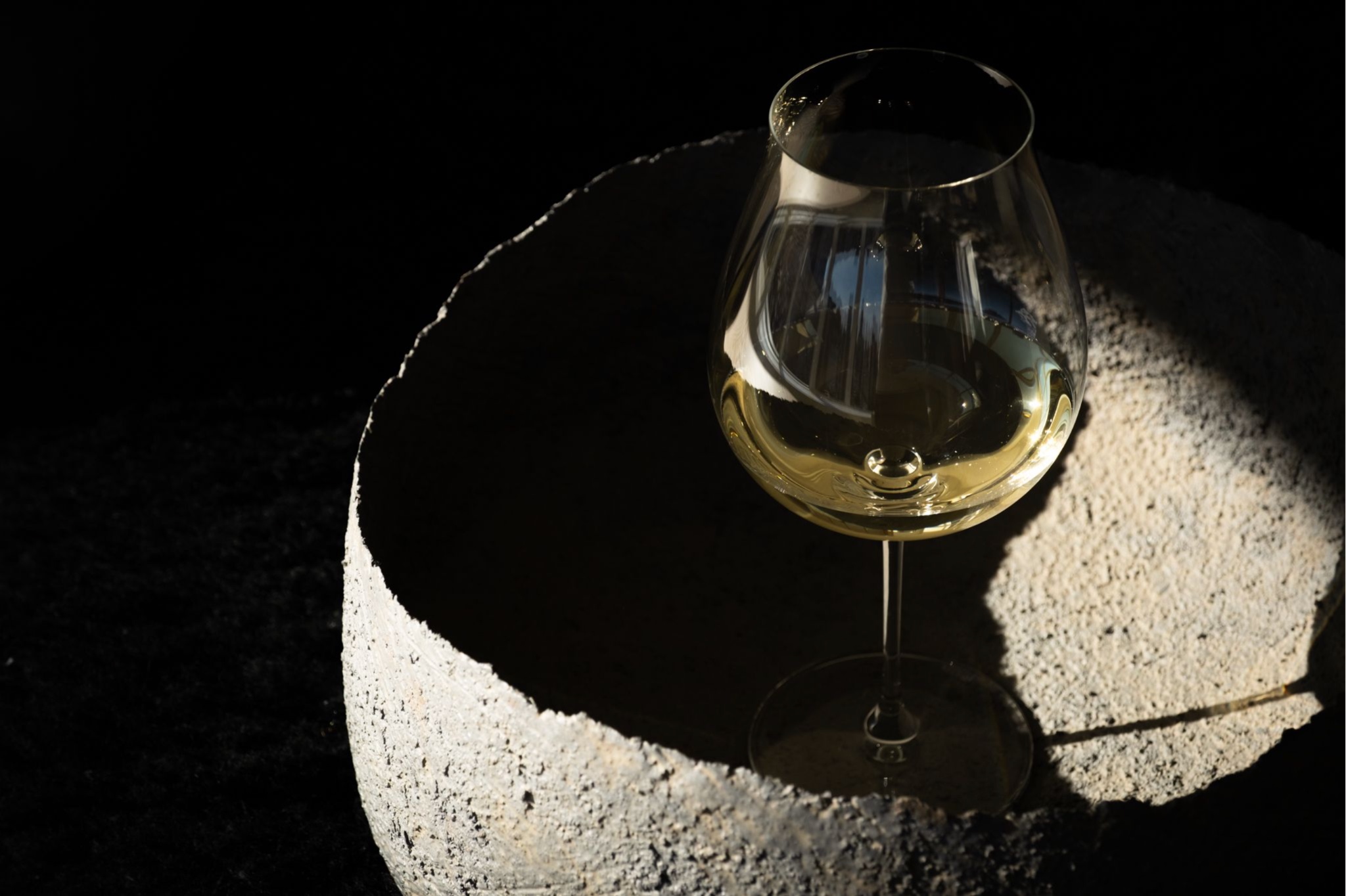
On a mission to convert the oenophile community to the same thinking, Todd set about developing the Dry Farm Wines Certification as a marque of approval on the world’s purest, artisan wines. The criteria would be strict: organically farmed, sugar free, additive free, lower alcohol, lower sulphite, lab tested, European wines only. ‘The difference is incredible,’ he says. ‘The taste, the purity, the entire drinking experience.’
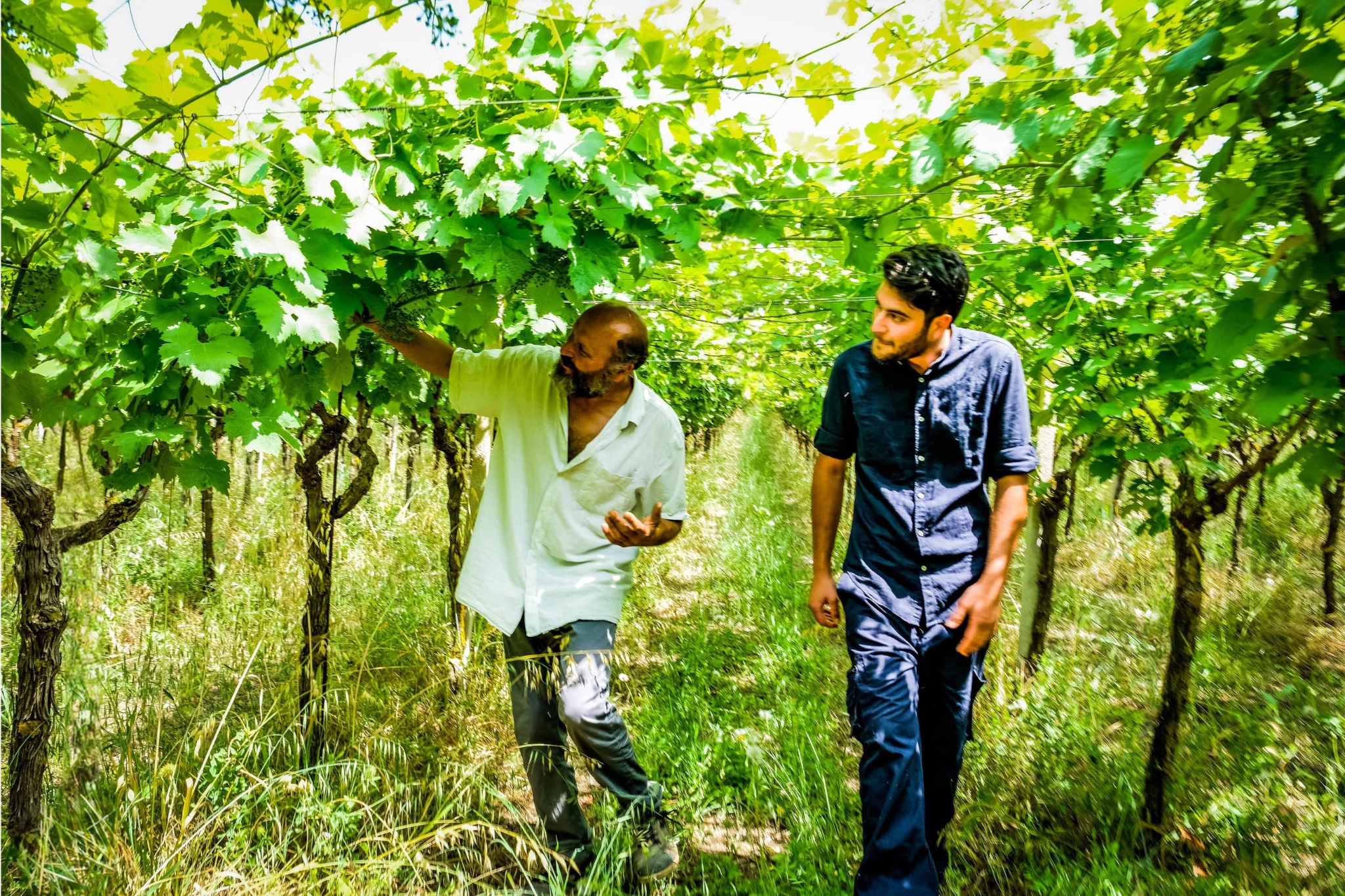
Todd and his team would seek out vineyards, from French villages to the Austrian mountains. All Dry Farm Wines growers would be employing organic, regenerative, and dry farming practices. ‘No pesticides or herbicides. Only nutrient-rich living soils and sun.’ He’d find bottles of Chardonnay, Pinot Noir, Pineau d’Aunis and Zweigelt – produced by small-scale, multigenerational family-owned growers and boutique makers, their craft lovingly connected to the terroir – taste and test them, and then make them available to fellow vinous enthusiasts all over the United States.
‘Dry Farm Wines buys directly, vigneron-a-vintner, and sells directly to the drinker. Which means we can pay the farmer more and faster. And give the drinker better value. All Dry Farm Wines are the same price – $30 – extraordinary value for a handcrafted, organically grown artisan wine.’ Each is bottle backed with a 100 per cent happiness promise: fall in love with each mouthful, or the bottle's on Todd.
Dry Farm Wines – the rules
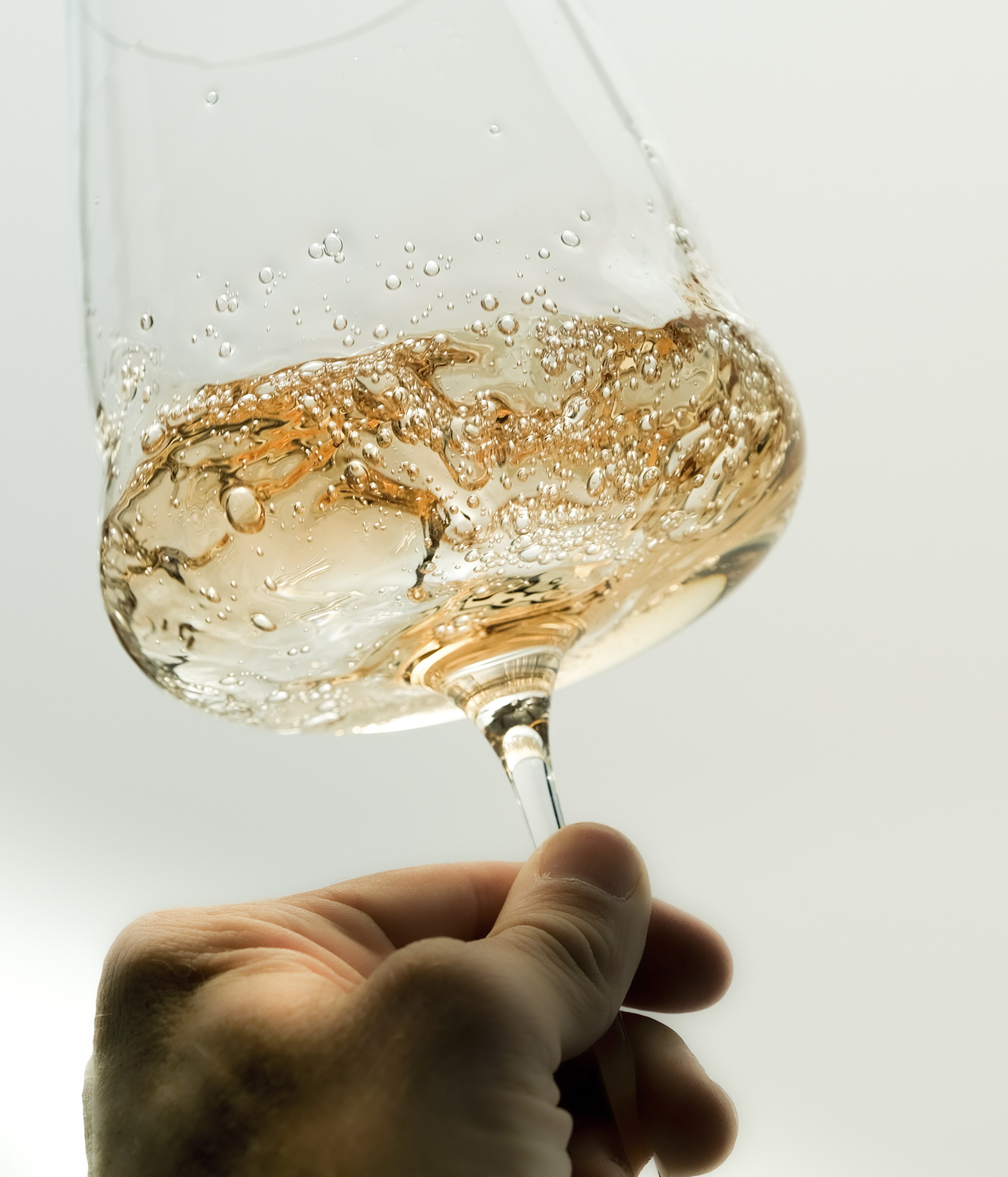
1. No additives
In the USA, wine producers can use 76 different additives – from defoaming agents to preservatives and colourants – in wine, without disclosing any of them on the bottle. Some additives are harmless and natural, others are more toxic. Wine companies can use additives to produce a shelf-stable product that is consistent year over year and cheaper to make.
2. No sugars
To speed up production and maximise profits, most commercial wines are bottled with sugar in the bottle, before full fermentation has completed. Every bottle sold by Dry Farm Wines is ‘fully fermented’ – its natural yeasts having turned all the grape’s sugars into alcohol, making it technically ‘sugar free’.
3. Lower alcohol
With commercial winemaking favouring higher-alcohol wines – the average alcohol content in wine currently sitting around 14 per cent ABV – Dry Farm Wines are, at most, 12.5 per cent ABV. Many are even lower. Alcohol drowns out the finer notes in wine. Studies find that casual drinkers enjoy low-alcohol wine more for aromatic experiences.
4. Organic, biodiverse family farms only
Commercial, monoculture vineyards maximise capacity but can also destroy the soil. Farming chemicals like pesticides, herbicides, and fungicides have been shown to destroy natural ecosystems and end up in the finished wine. Dry Farm Wines only works with growers who prize the exact opposite: biodiverse farming without man made chemicals. Organic farming creates resilient grapes with a wide array of aromatic compounds, imparting personality to the wines.
5. Living wines
Dry Farm Wines likes to compare commercial, sterilised and clarified Sancerre with Natural Sancerre that’s been grown organically and bottled without filtering. The mass-produced Sancerre is dead in the bottle. All the living organisms in it have been killed and removed, while the natural alternative is alive – rich with bacteria and wild native yeasts, a joyous complexity of aroma and flavour.

6. Irrigation free
The ‘dry farming’ technique dispenses with artificial irrigation, with vines relying on natural rainwater and groundwater only with which to nourish themselves. This increases the health of the vine and the grapes, forcing roots to dig deeper to search for their own water. Dry Farm Wines estimates growers to be saving over seven billion gallons of water every year by not using irrigation.
7. Native yeast
Yeasts turn the sugar in grape juice into alcohol through fermentation. Generally, there are two types of yeast: lab-grown and native. Lab-grown yeasts are engineered to produce certain flavours and profiles of wine. Native yeasts are naturally found on the skin of every grape. Most wine companies don’t use native yeast to ferment their wines because they are too unreliable and they will die at higher alcohol levels. Dry Farm Wines are fermented with native yeasts because it’s the way wine has been made for thousands of years – the less man-made manipulation, the better.
8. Rare varietals
Most modern wine companies choose to plant the same grape varieties because they are famous: Pinot Noir, Cabernet Sauvignon, Chardonnay, and Sauvignon Blanc. Natural Wine growers take a different approach, planting and encouraging the growth of ancestral, indigenous grapes that grow in their regions: Zweigelt in Austria, and Pineau d’Aunis in France are rare in the wine market, but make regular appearances in Dry Farm Wines’ collections.
9. Lab-tested transparency
Because wine is taxed as alcohol, not food, the US government doesn’t require producers to disclose ingredients, including basic nutritional facts like sugar content. At Dry Farm Wines, every wine is sent to a certified, third-party oenologist to make sure vintner and consumer know exactly what is in the bottle. Every wine also undergoes a rigorous, seven-step process to make sure it’s ready to share with the world.
10. Taste
Ultimately, Dry Farm Wines’ obsession with quality comes down to taste. Each of the company’s wines needs to taste nothing less than delicious, and also taste different from regular wines. Without heavy additives and artificial flavouring, the wine goes down smoothly. It is fresh and pairs better with food. It is drinkable and soulful, to be enjoyed and to bring people together.
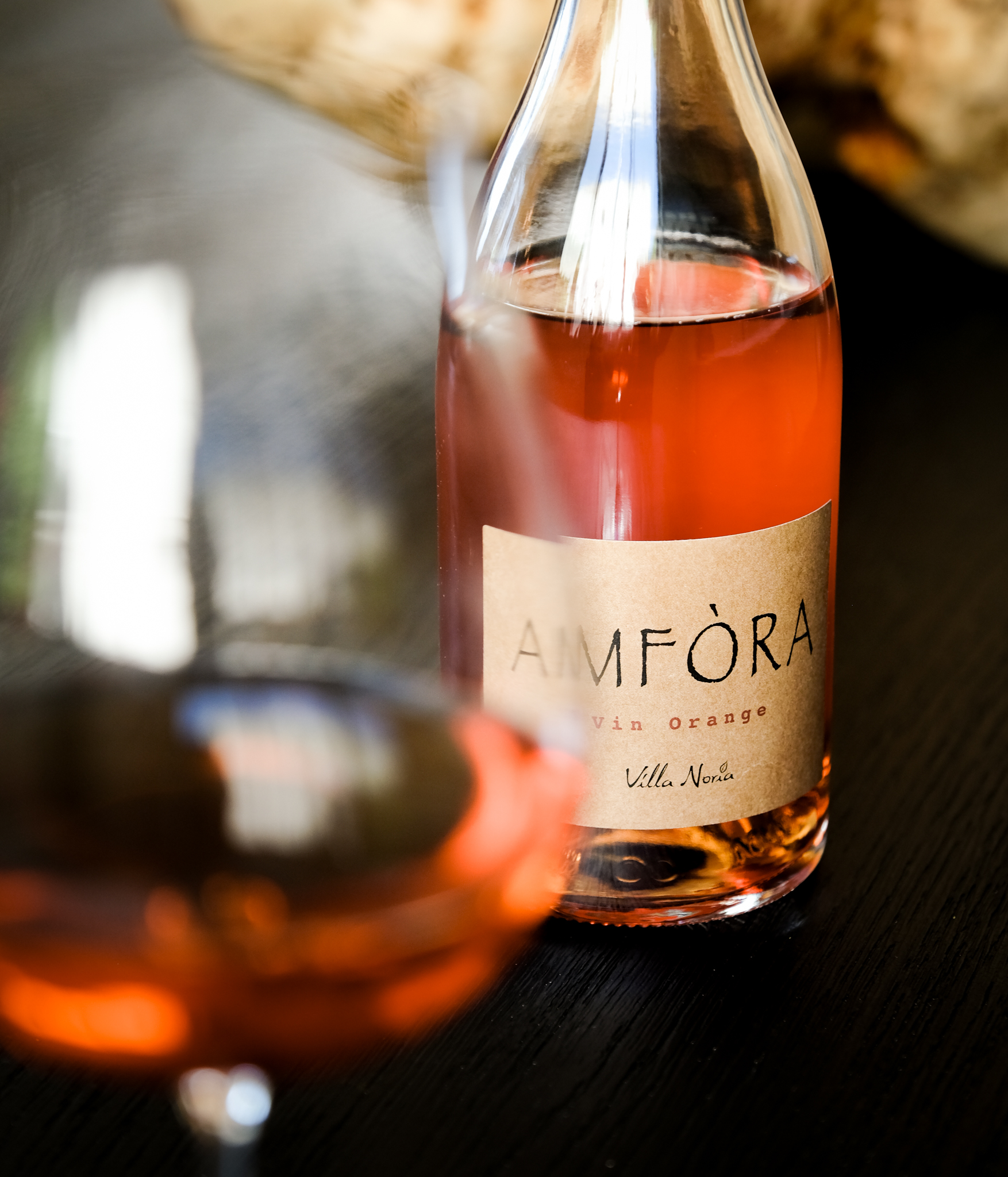
Receive our daily digest of inspiration, escapism and design stories from around the world direct to your inbox.
Simon Mills is a journalist, writer, editor, author and brand consultant who has worked with magazines, newspapers and contract publishing for more than 25 years. He is the Bespoke editor at Wallpaper* magazine.
-
 The stylishly spacious Kia PV5 offers hope for the future of the 21st-century camper van
The stylishly spacious Kia PV5 offers hope for the future of the 21st-century camper vanKia has brought its razor-edged style to a striking but functional electric van, available in both commercial and passenger configurations – we tried the latter
-
 Peel away a north London cottage façade to discover a private sanctuary rooted in culture
Peel away a north London cottage façade to discover a private sanctuary rooted in cultureA cottage in Muswell Hill gets a fresh extension by Collective Works, which worked closely with the clients to create a dream private sanctuary
-
 Everything you need to know about Frieze Los Angeles 2026
Everything you need to know about Frieze Los Angeles 2026Los Angeles is gearing up for another jam-packed week of art and cultural events taking place over the last weekend in February.
-
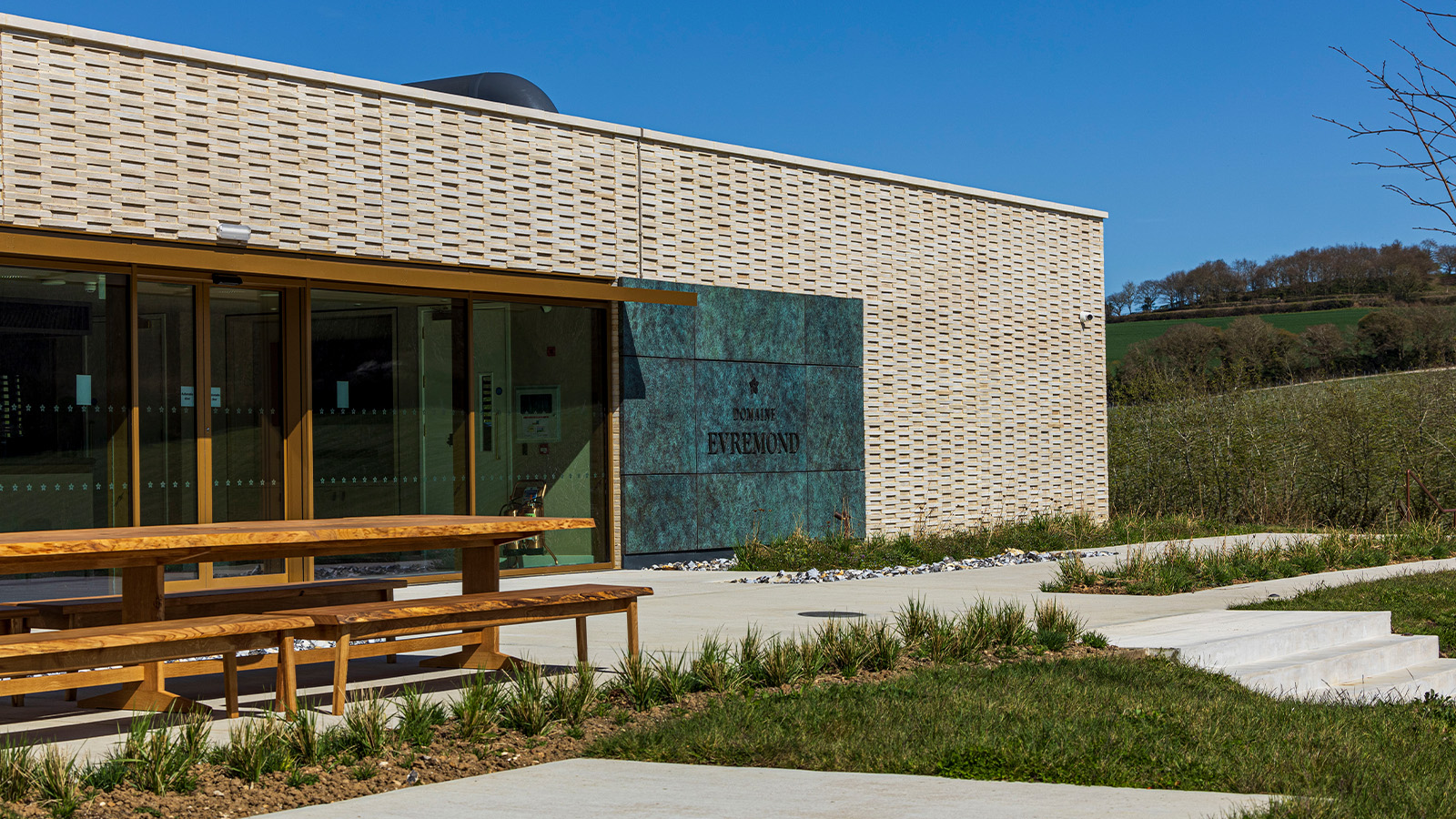 Inside Domaine Evremond, the UK’s first subterranean winery
Inside Domaine Evremond, the UK’s first subterranean winery‘Sparkling wine should be fun.’ We tour Domaine Evremond in Kent, a winery steeped in the English countryside
-
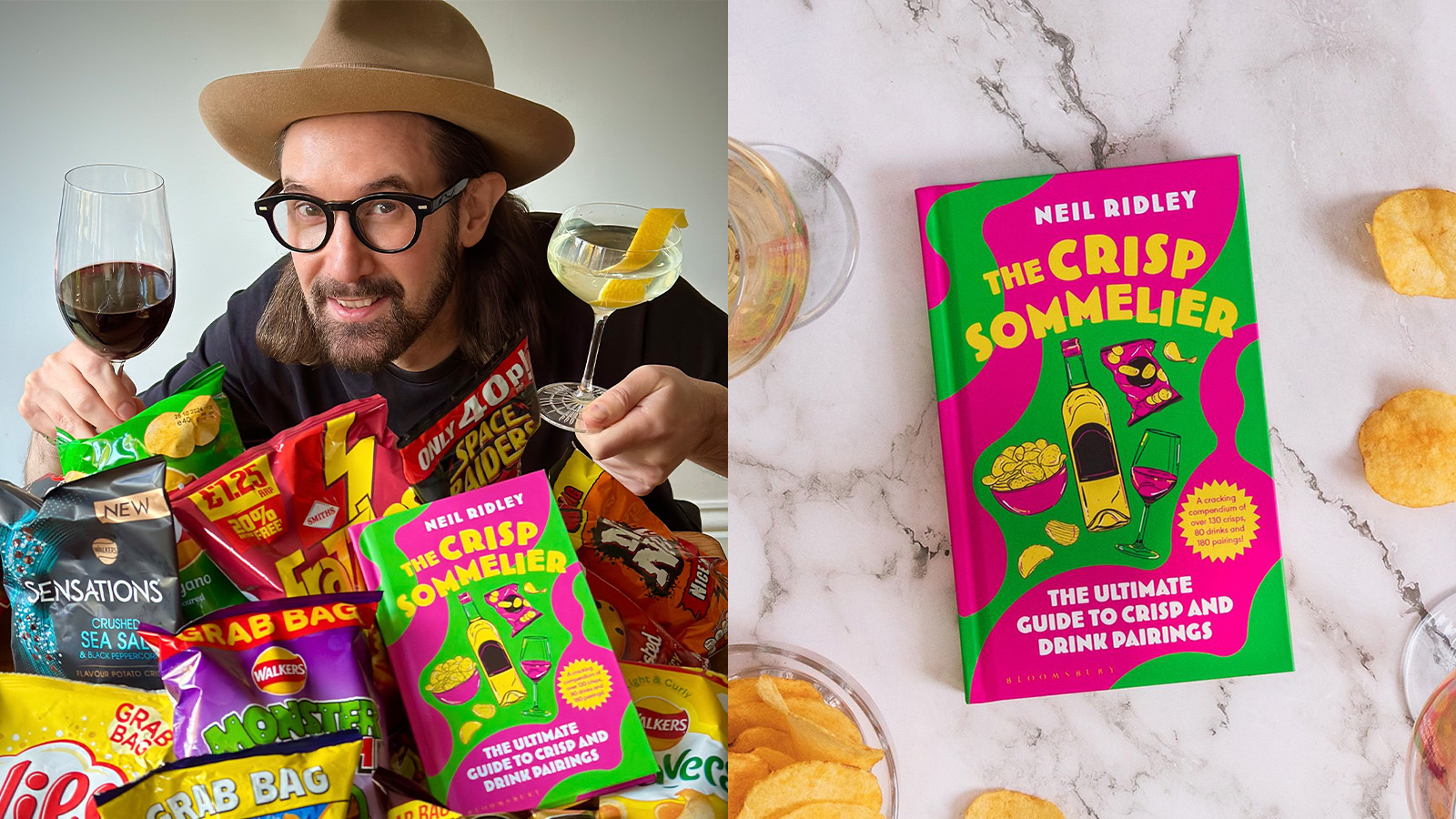 How to be a crisp sommelier: Neil Ridley on ‘bringing fun back into food and drink’
How to be a crisp sommelier: Neil Ridley on ‘bringing fun back into food and drink’The humble crisp is an easy crowd-pleaser for laidback hosts. Drinks expert Neil Ridley shares his tips for creating the perfect crisp-and-drink pairings, whatever the occasion
-
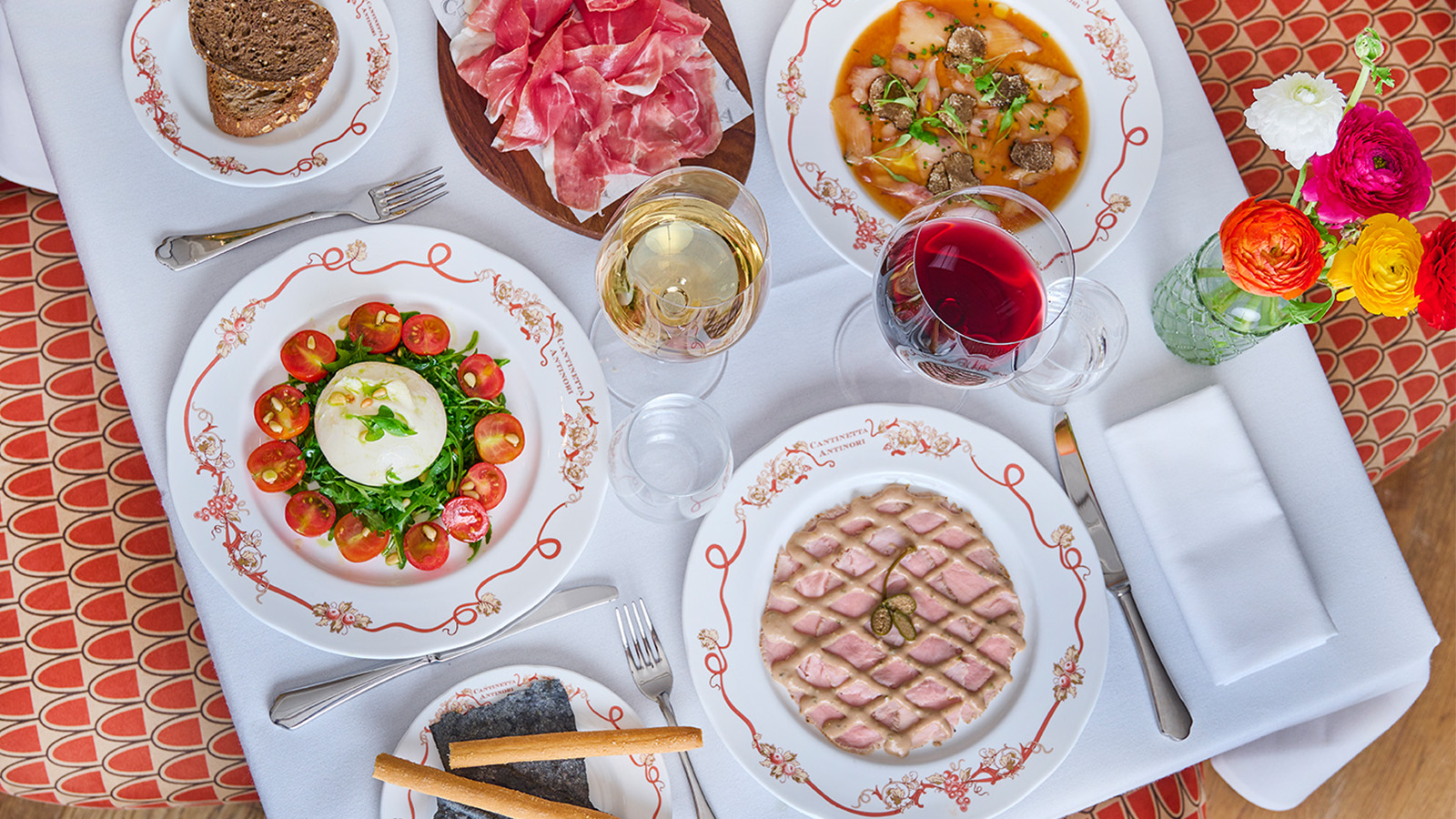 Cantinetta Antinori is a Florentine wine-making family’s new gem of a London restaurant
Cantinetta Antinori is a Florentine wine-making family’s new gem of a London restaurantCantinetta Antinori opens in Knightsbridge, offering excellent Tuscan cuisine paired with the family’s storied wine
-
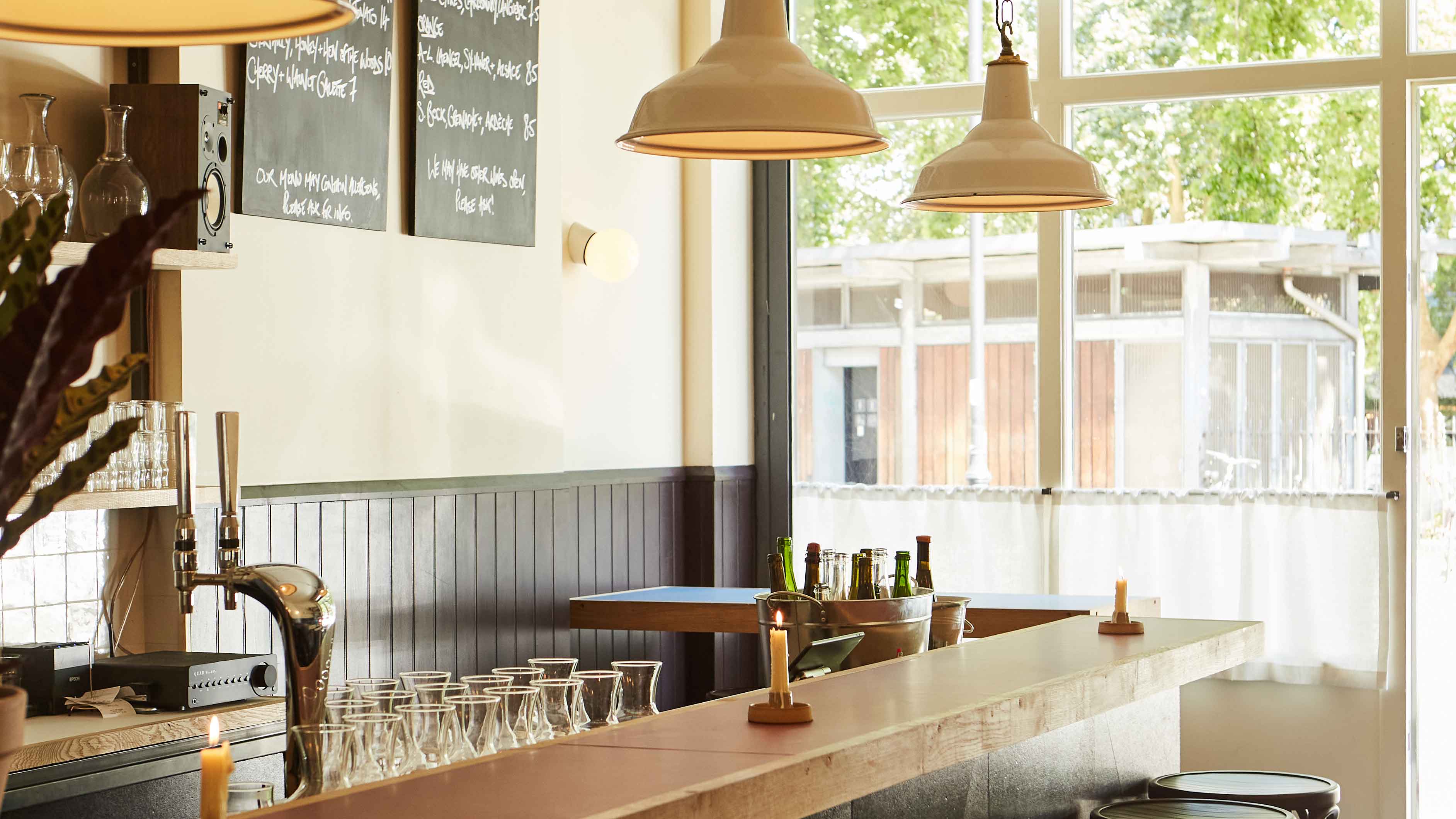 Where to drink natural wine in London
Where to drink natural wine in LondonWith natural wine experiencing a welcome second wave, we reveal the best places to enjoy a glass of something organic or biodynamic in the city.
-
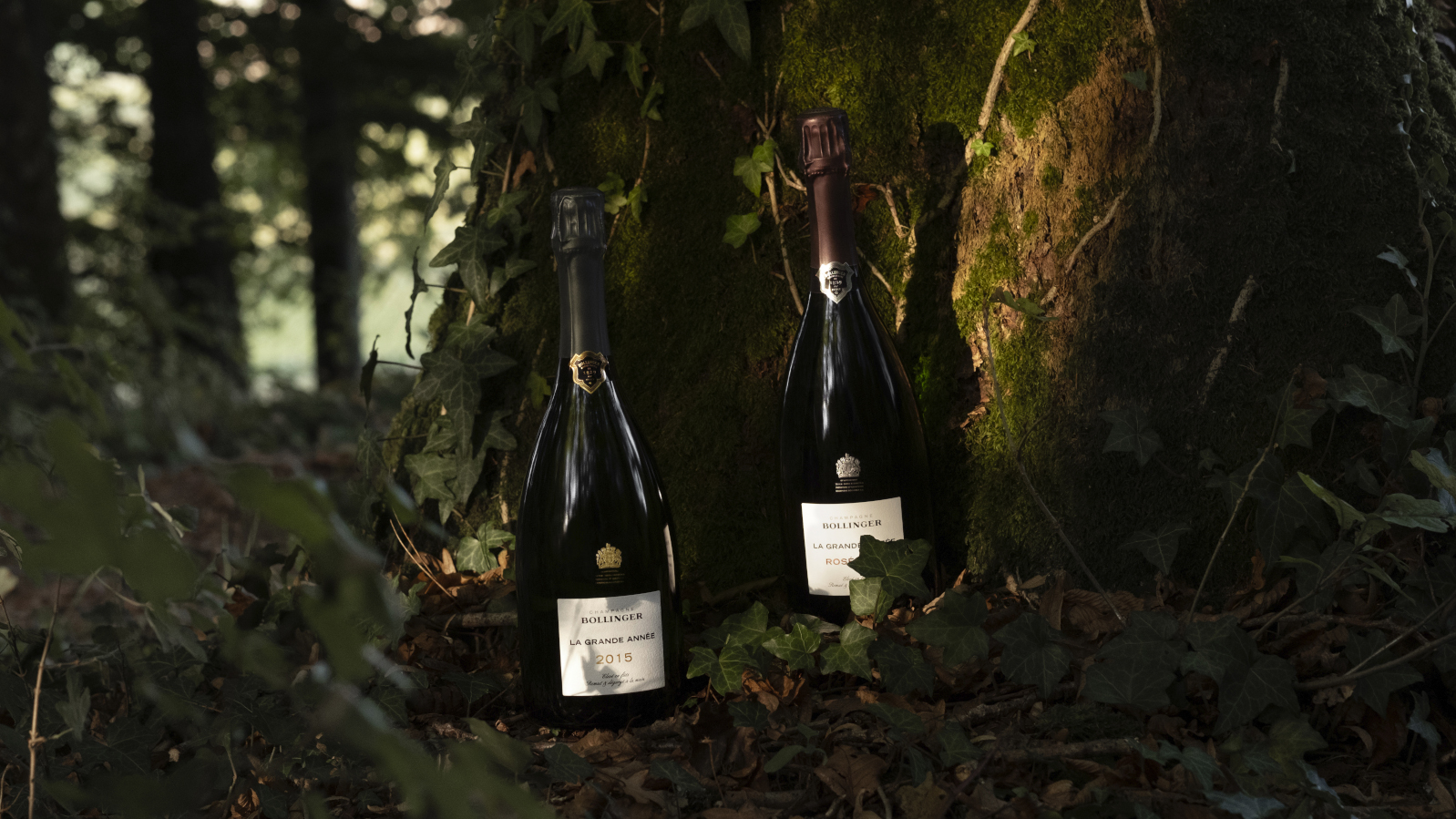 Why Bollinger’s La Grande Année 2015 champagne is worth celebrating
Why Bollinger’s La Grande Année 2015 champagne is worth celebratingChampagne Bollinger unveils La Grande Année 2015 and La Grande Année Rosé 2015, two outstanding cuvées from an exceptional year in wine-making
-
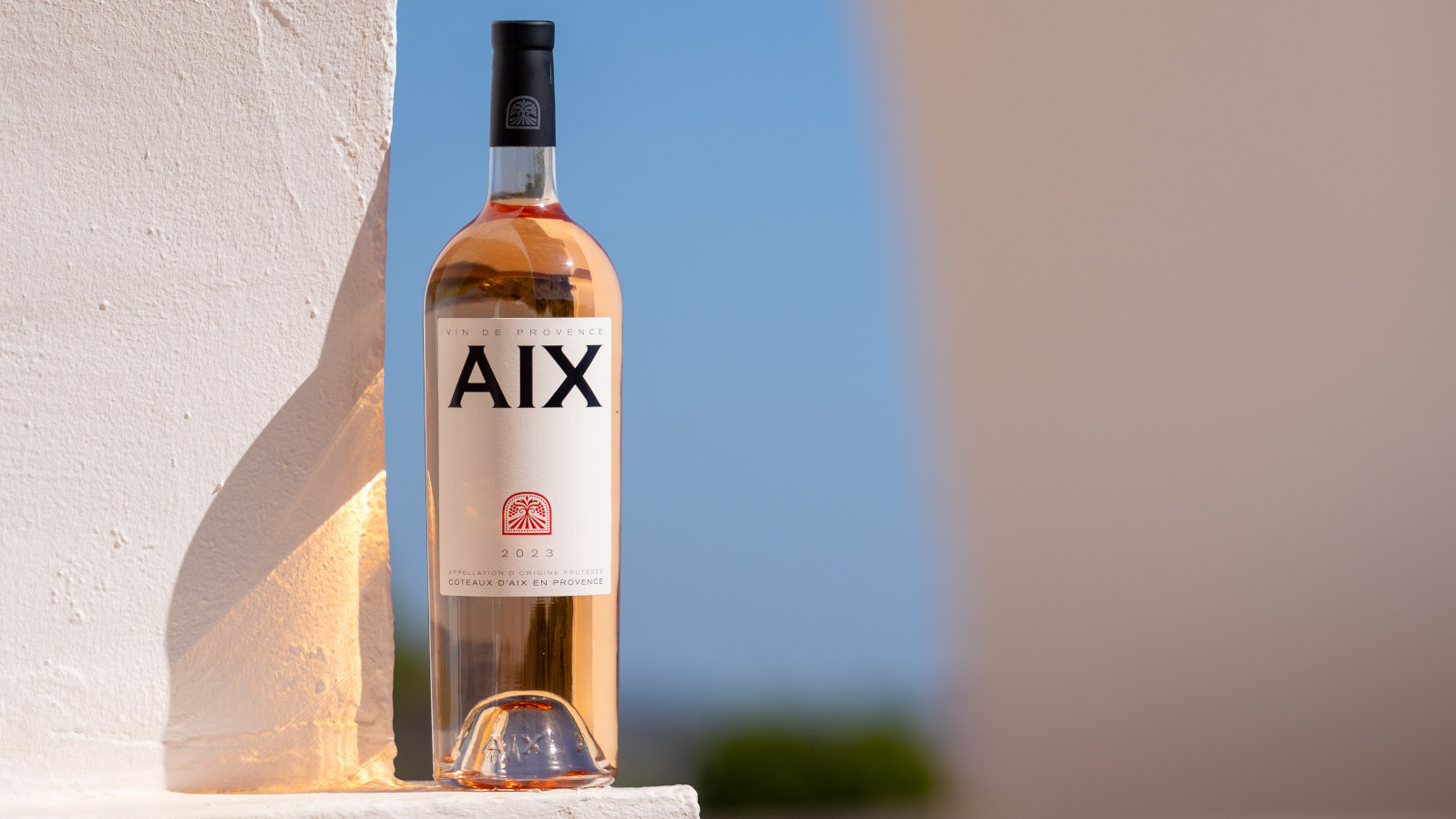 The joy of AIX Rosé, sunshine in a glass
The joy of AIX Rosé, sunshine in a glassAIX Rosé, made in the sun-drenched hills of Côteaux d'Aix-en-Provence, is a dry, pale pink and aromatic, everyday luxury
-
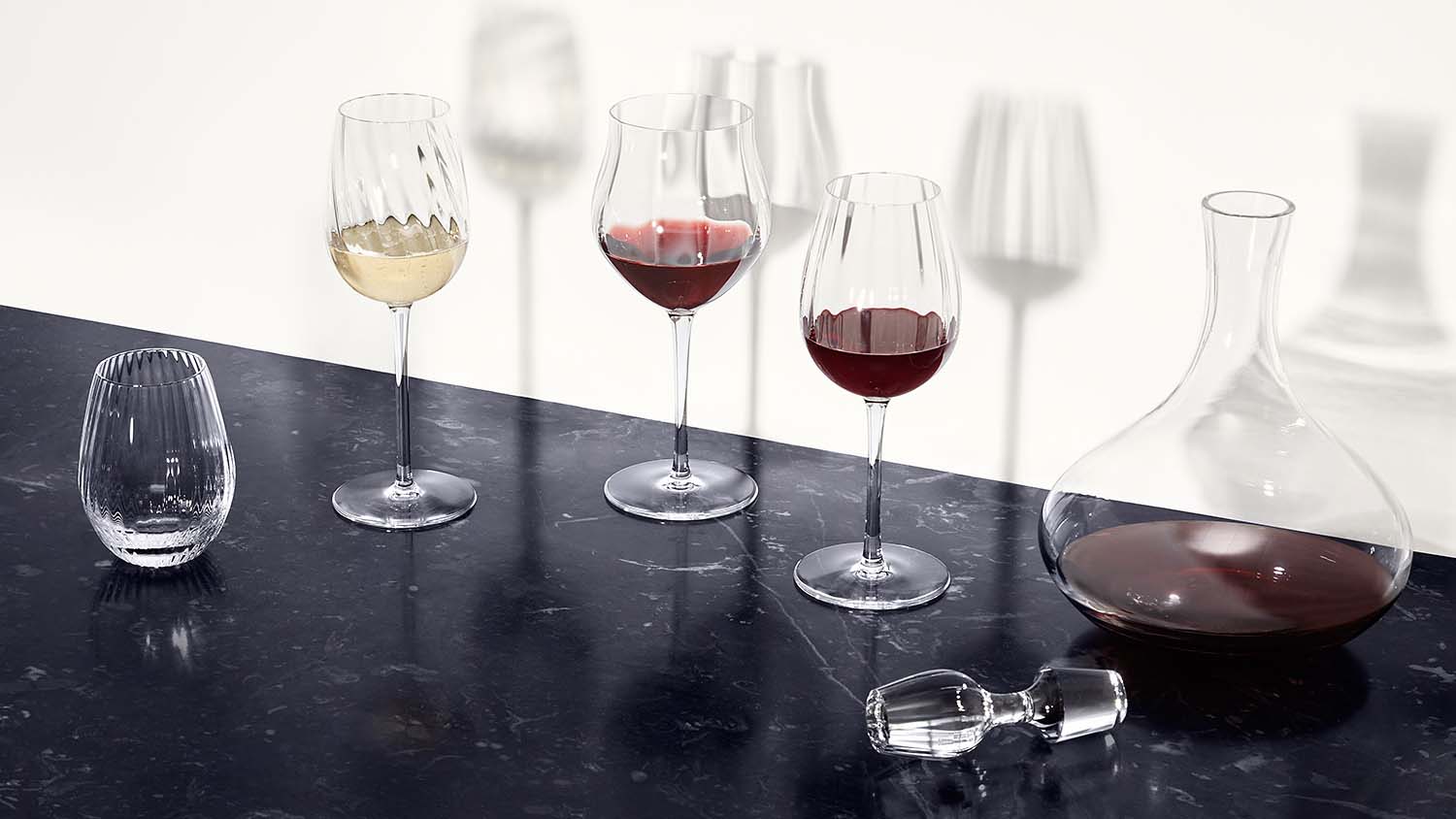 The perfect summer wines for every price point
The perfect summer wines for every price pointWe explore the best summer wines – spanning white, red, sparkling and skin contact – at every price, with the help of London wine bar Sager + Wilde
-
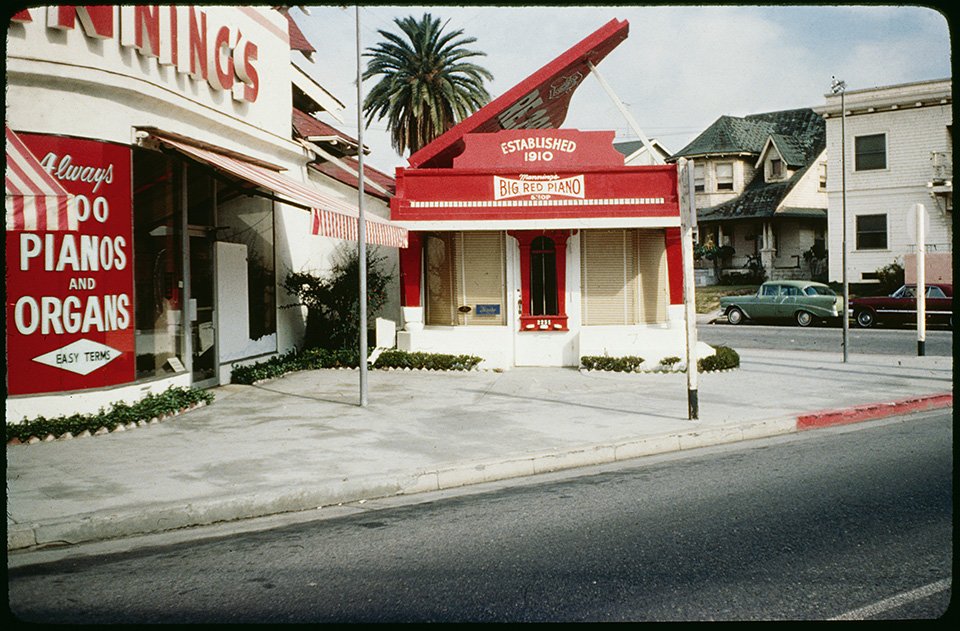 California’s forgotten roadside architecture makes for a wild West Coast drive
California’s forgotten roadside architecture makes for a wild West Coast drive